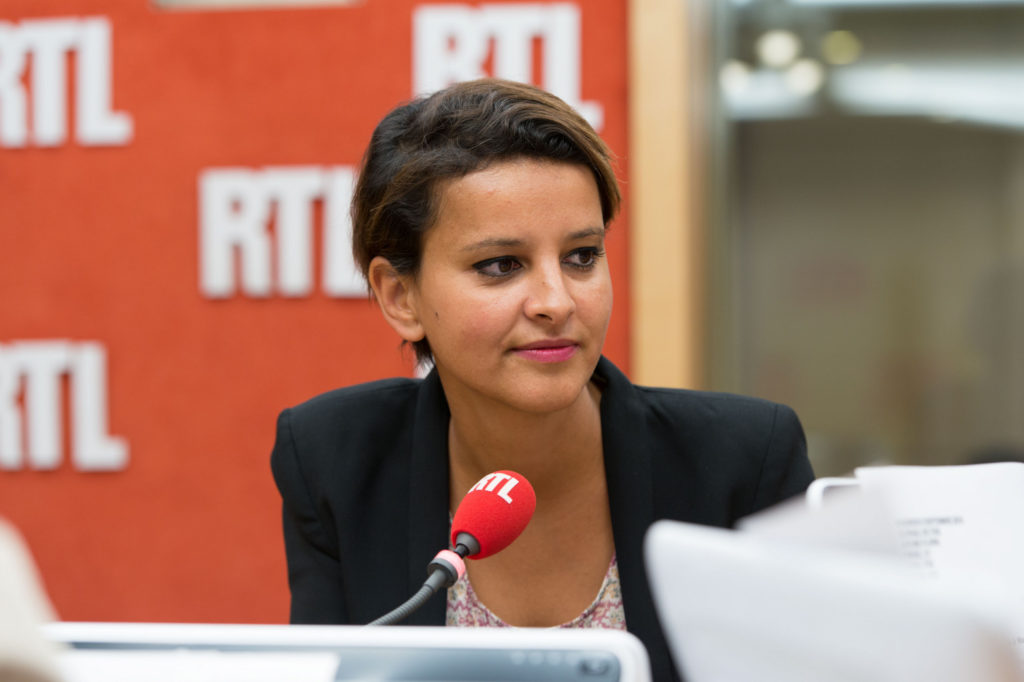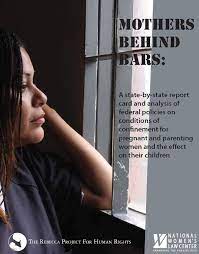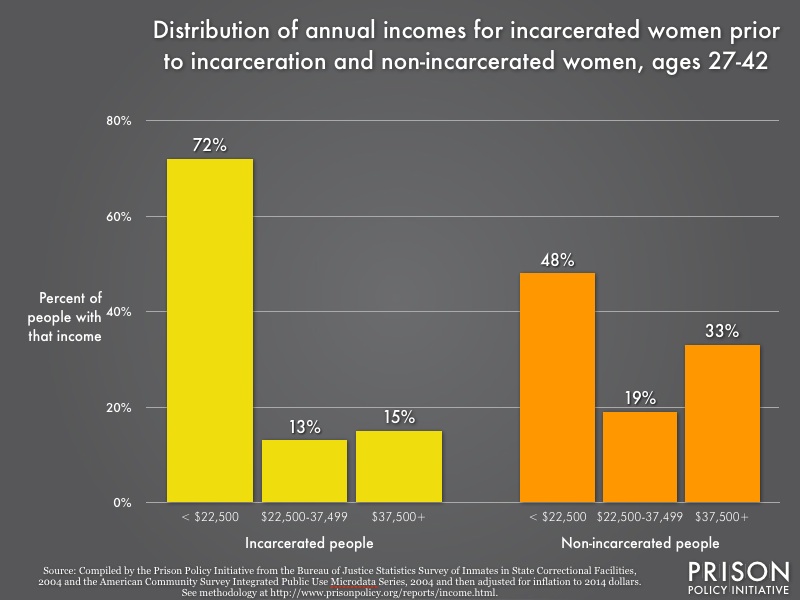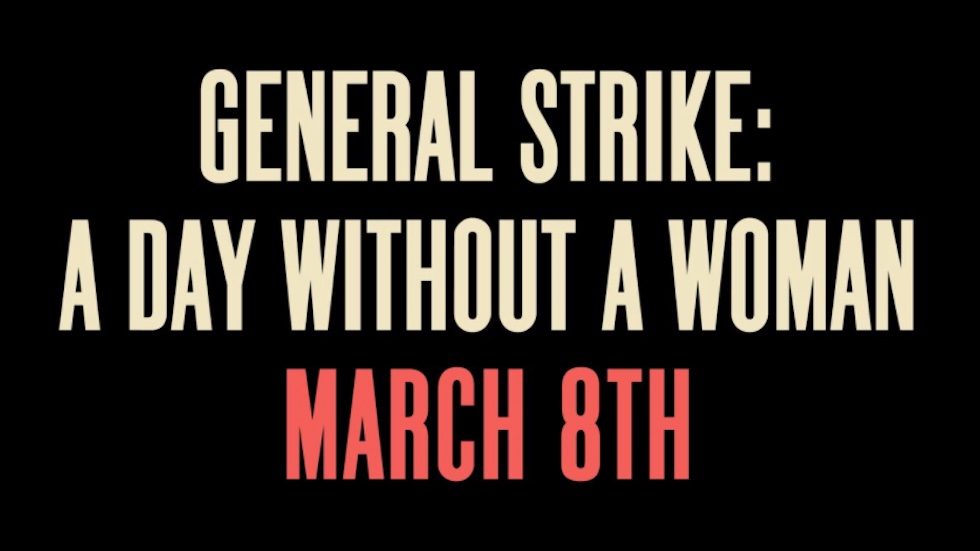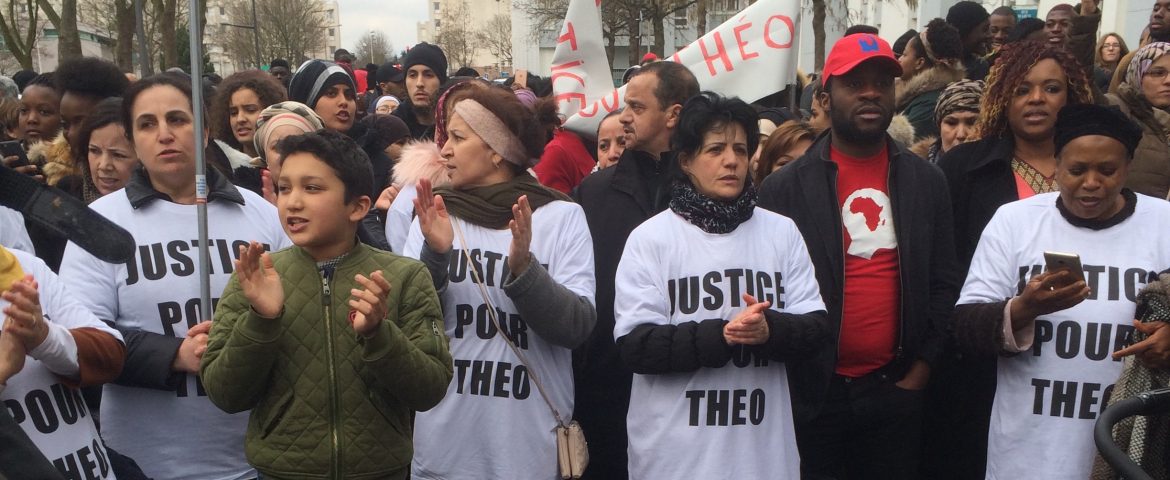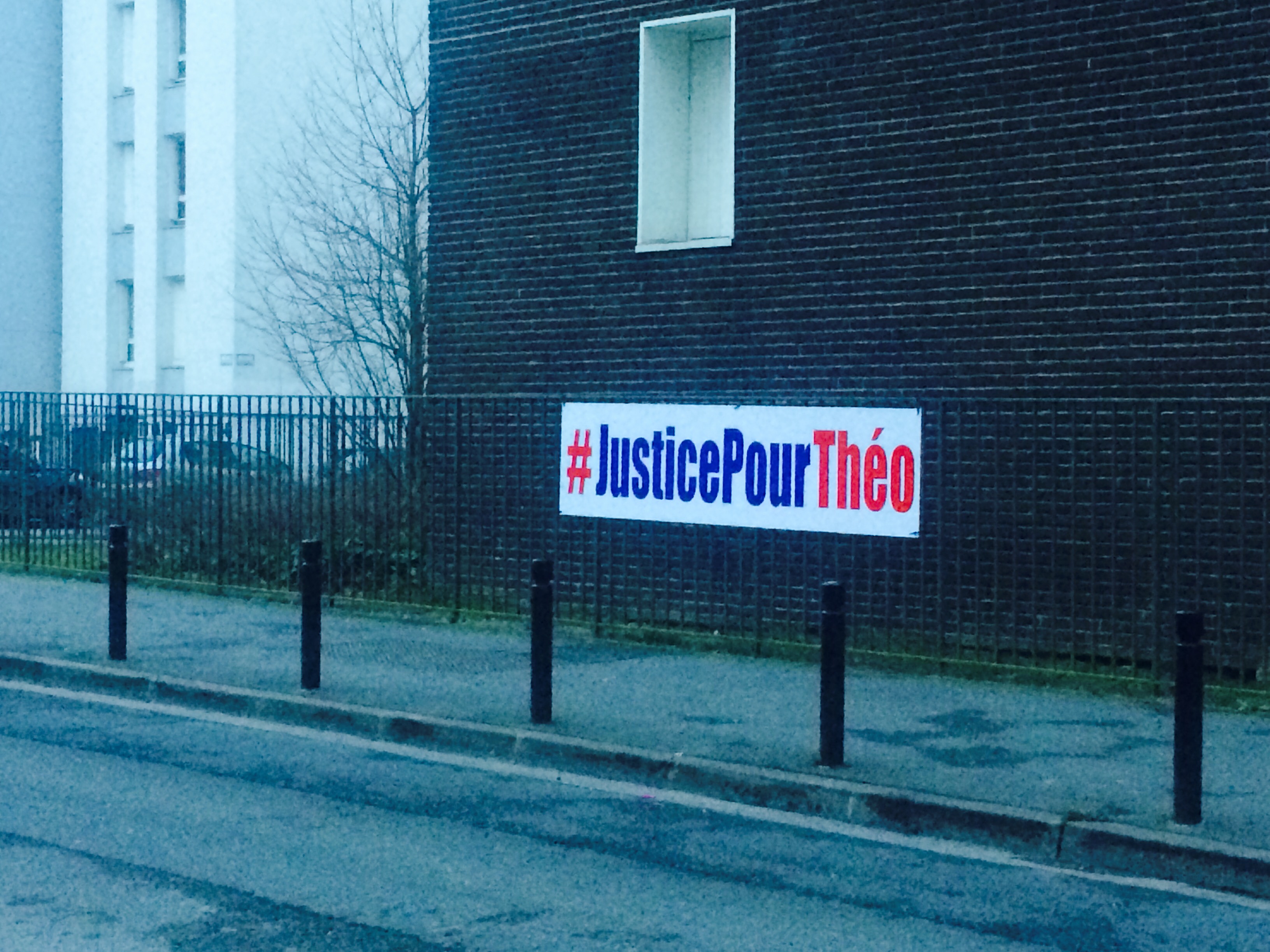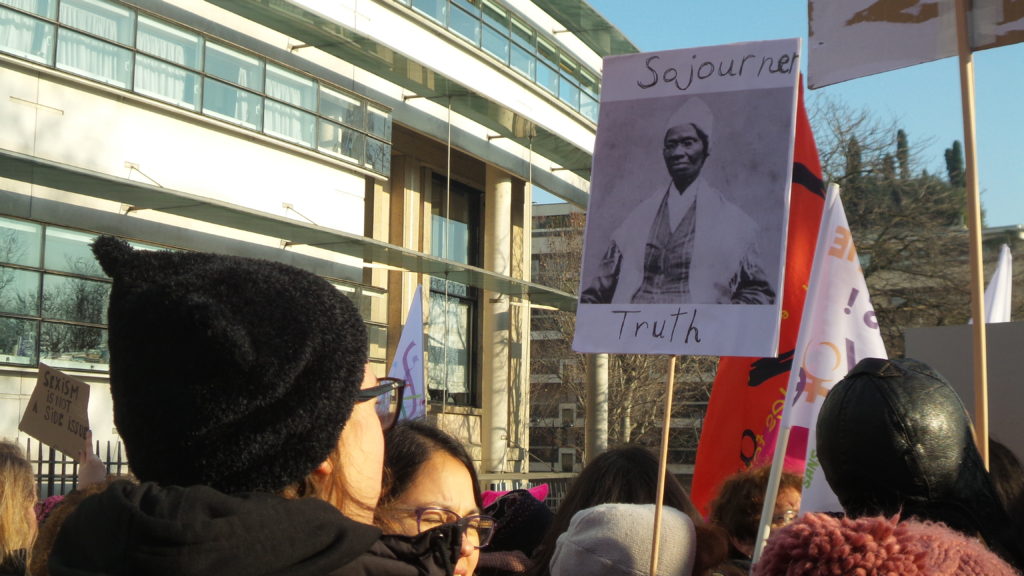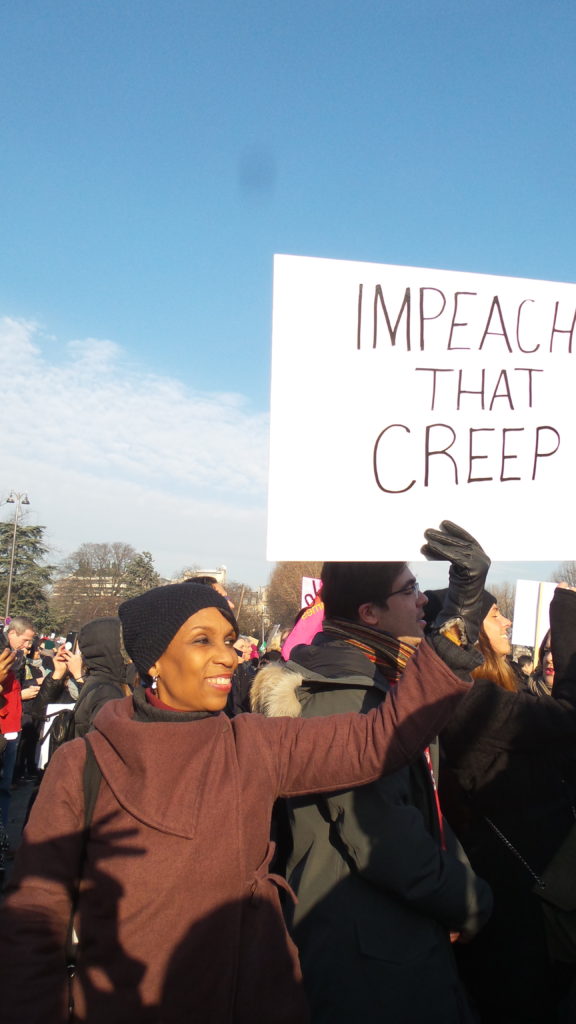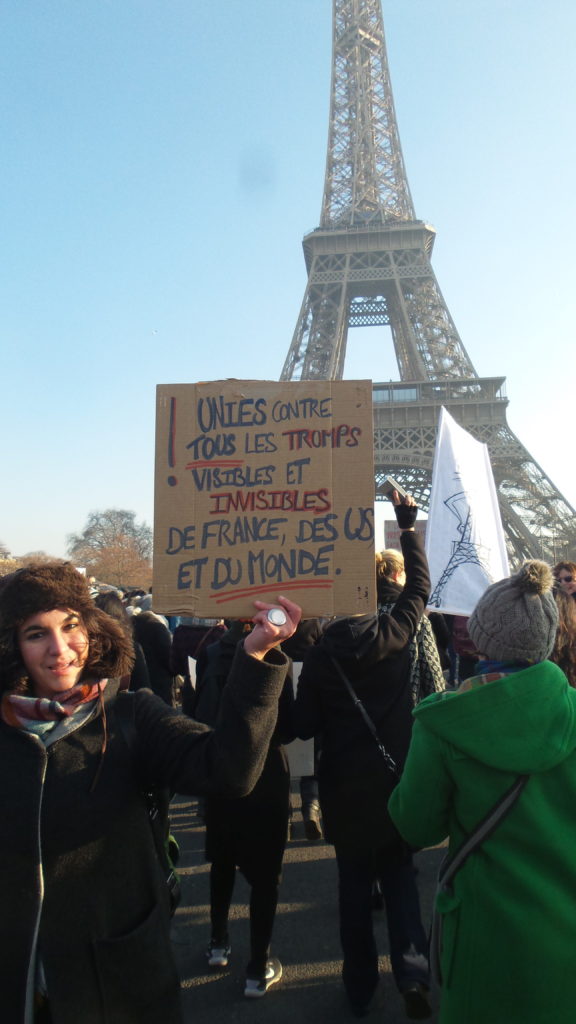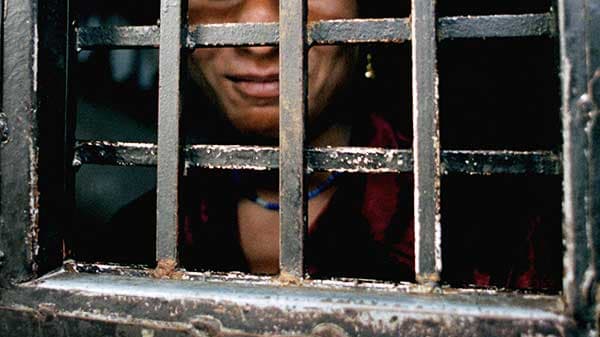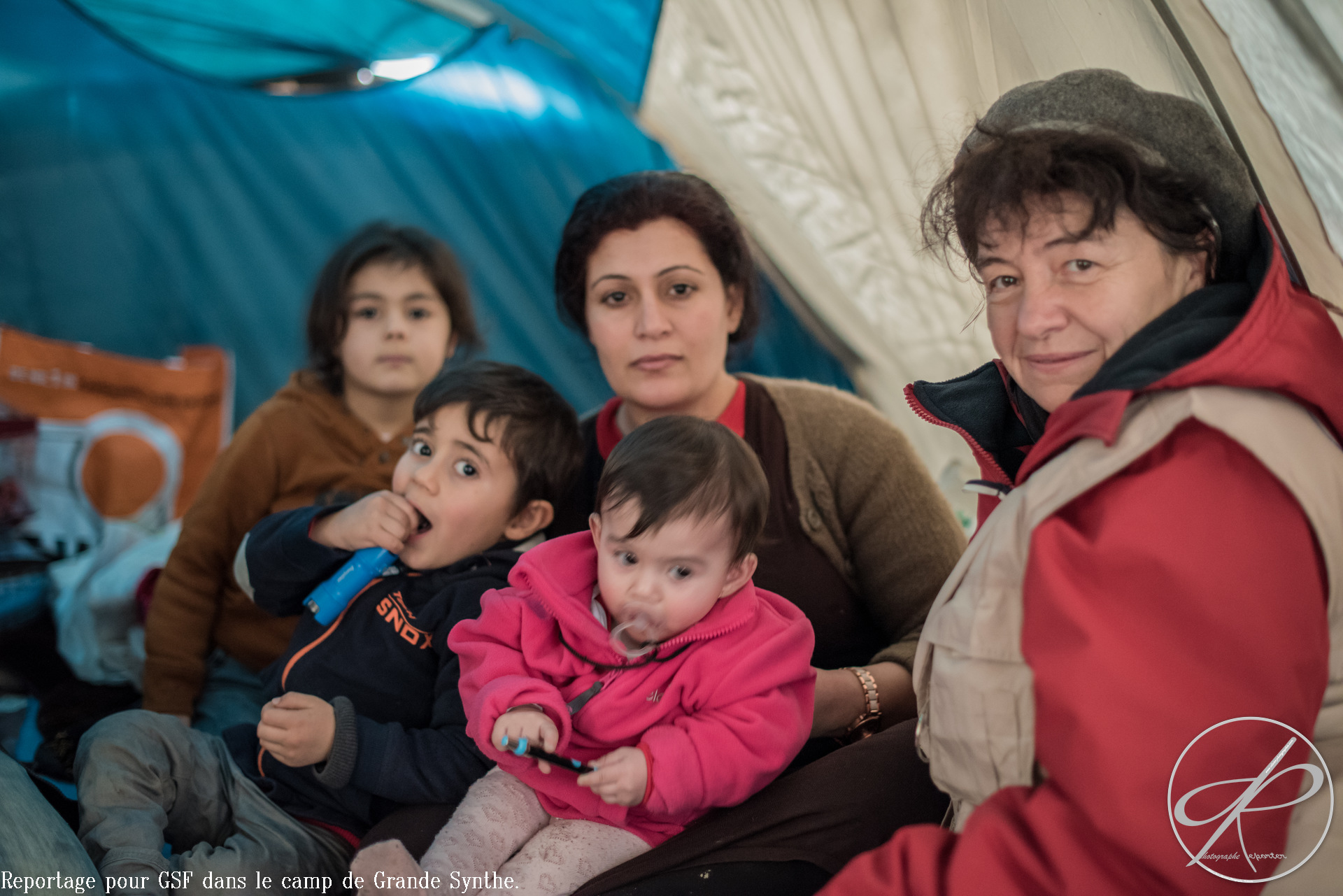
Laura Slimani
It is election time in France! It is a decidedly contested race, and women’s rights have gained some visibility in this unsettled political context.
Marine Le Pen, the extreme right wing candidate has used deceiving methods to attract women’s votes while her party’s anti women’s rights vote at the European parliament reach a perfect score. The website “Womens’rights against extreme rights” was launched at the beginning of the campaign to debunk her fraudulent claims.
In an unusual move for France, the right wing candidate Francois Fillon made religious claims on women’s right to abortion, demonstrating its reluctance to apply strong public policies to improve women’s rights.
The center right candidate Emmanuel Macron former minister of Finance in Hollande’s administration has defended measures that have increased women’s precarity. Still, as a candidate he claims that he will support women’s rights in general terms.
Candidates on the left, such as Benoit Hamon or Jean Luc Melenchon have shown more determination to articulate a program that includes important feminist demands. Melenchon’s campaign published a document entitled: “Equality between women and men, to abolish patriarchy”. Hamon’s campaign has produced documents as well. Both are very similar in their approach to increase representation of women.
We talked with Laura Slimani, a spokesperson in Hamon’s campaign, and she shared with us some of their vision on women’s rights.
(Photo Credit: Huffington Post / AFP) (Interview by author)
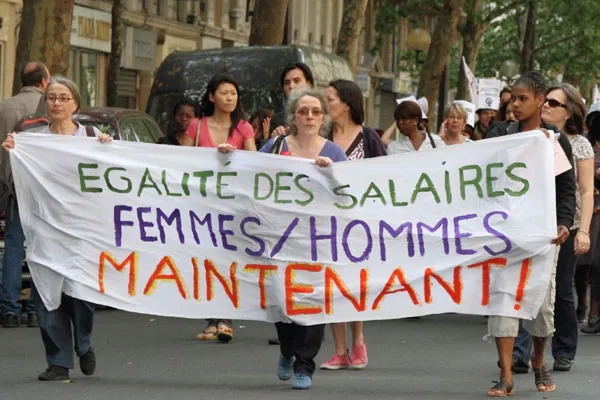 ’s first position in government was as Minister of Women’s Rights, in Francois Hollande’s administration. She became only the second Minister of Women’s Rights ever in France. The first, Yvette Roudy, served under President Mitterrand in the 1980s. Najat Vallaud Belkacem became the first woman Minister of National Education, her current position. We met her in her office to discuss what has to be defended and improved in the realm of gender equality and women’s rights in this period of electoral uncertainty.
’s first position in government was as Minister of Women’s Rights, in Francois Hollande’s administration. She became only the second Minister of Women’s Rights ever in France. The first, Yvette Roudy, served under President Mitterrand in the 1980s. Najat Vallaud Belkacem became the first woman Minister of National Education, her current position. We met her in her office to discuss what has to be defended and improved in the realm of gender equality and women’s rights in this period of electoral uncertainty.